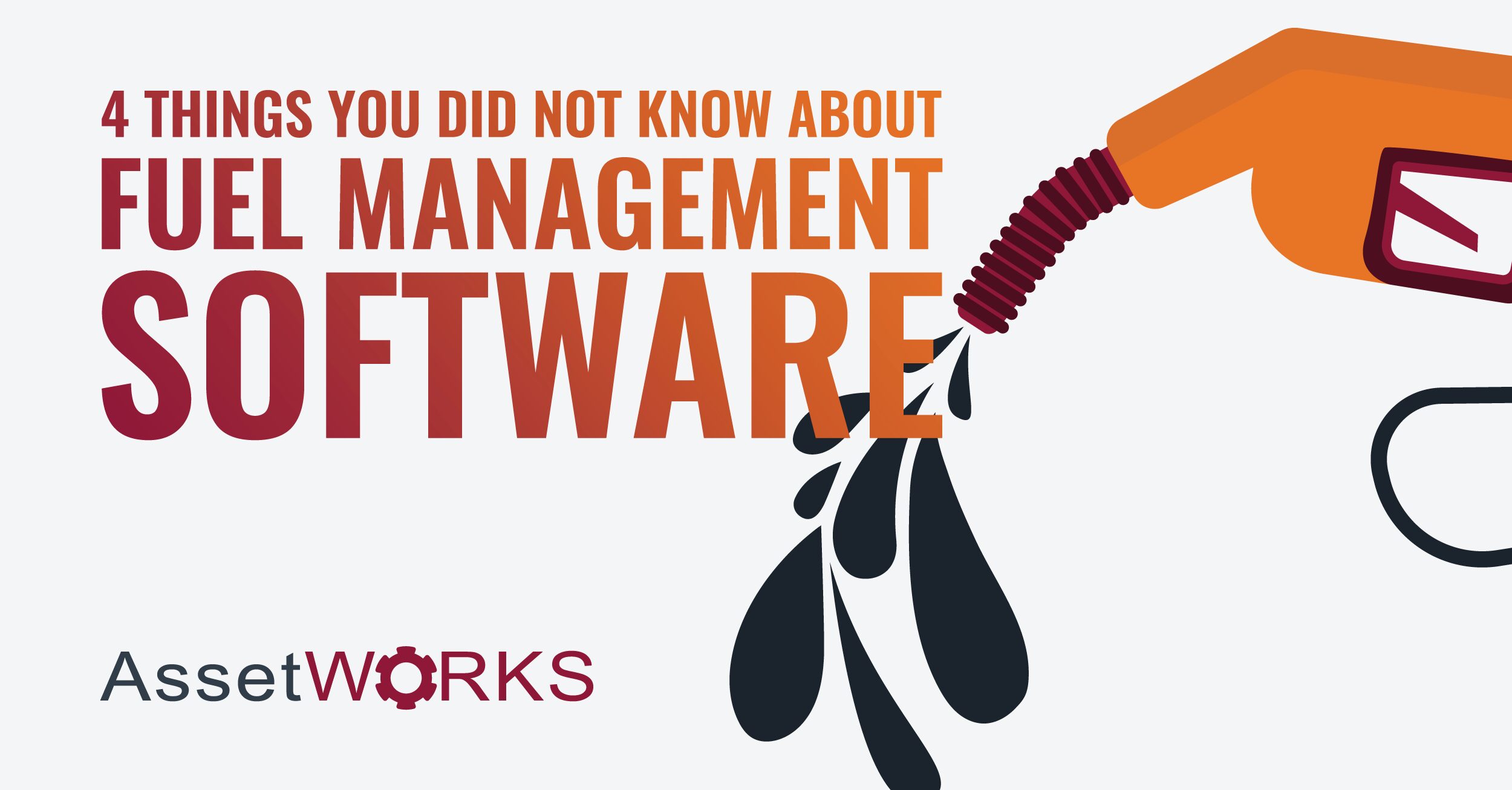Fleet managers would have a much easier job if they could influence the cost of gas, but unfortunately, that is not the case. With fuel representing 38 percent of a fleet’s total cost of ownership, managers need to evaluate how to cut down fuel costs, but it is up to the drivers. Driver behavior is the main reason fleets waste money at the pump, but what behaviors specifically?
1. Frequently Changing Speed
Changing your speed causes more fuel consumption, but cruise control can save up to 10 percent on fuel. For safety reasons, cruise control is best on roadways with consistent speed limits, but it helps maintain a constant speed and save gas.
2. Driving Too Fast
With light commercial vehicles and passenger cars, any speed greater than 50 mph is not fuel-efficient as aerodynamic drag increases. When aerodynamic drag is high, that means a force is pulling back on the vehicle to reduce the speed and therefore causes an increase in fuel consumption.
3. Gear Shifting Incorrectly
Over-revving damages the engine and consumes more fuel as the vehicle should not go to such high revolutions per minute (RPM). To shift gears efficiently, drivers should upshift early in their acceleration process- around 2,000 or 2,500 RPM.
4. Idling
Especially in the summer, drivers may idle until the temperature in their vehicle reaches the desired temperature. Drivers should remain comfortable, but they should also use some alternatives. One way to use less air conditioning in the summer is to park in the shade or use curtains- reducing idling by 20 percent.
5. Hard Braking
Hard braking causes vehicles to switch gears at a rate that is not optimal for fuel efficiency. If the driver brakes heavily, 33 percent more fuel is consumed. Coasting decreases the speed by releasing the accelerator pedal while keeping the vehicle in gear- consuming no fuel.

Ensure Your Drivers Don’t Waste Fuel
Without software, managers will have to take their driver’s word that they are not doing any of the five wasteful behaviors. Managers can coach and train their drivers on the proper behavior for good fuel efficiency, but there will be no data. AssetWorks Field Service Solutions (FSS) tracks these wasteful driver habits so managers can be alerted of any issues on the Key Performance Indicator (KPI) dashboard. Managers can also see where behavior issues frequently occur with the software’s breadcrumb trail.
Not all drivers will need improvement and should know whether they are performing well. Showing drivers appreciation can go a long way and encourages them to continue practicing good driving habits. FSS generates driver report cards so managers know which of their employees are doing well and where specifically others could use improvement. Eliminating these wasteful habits helps cut down on fuel costs and increase ROI.












